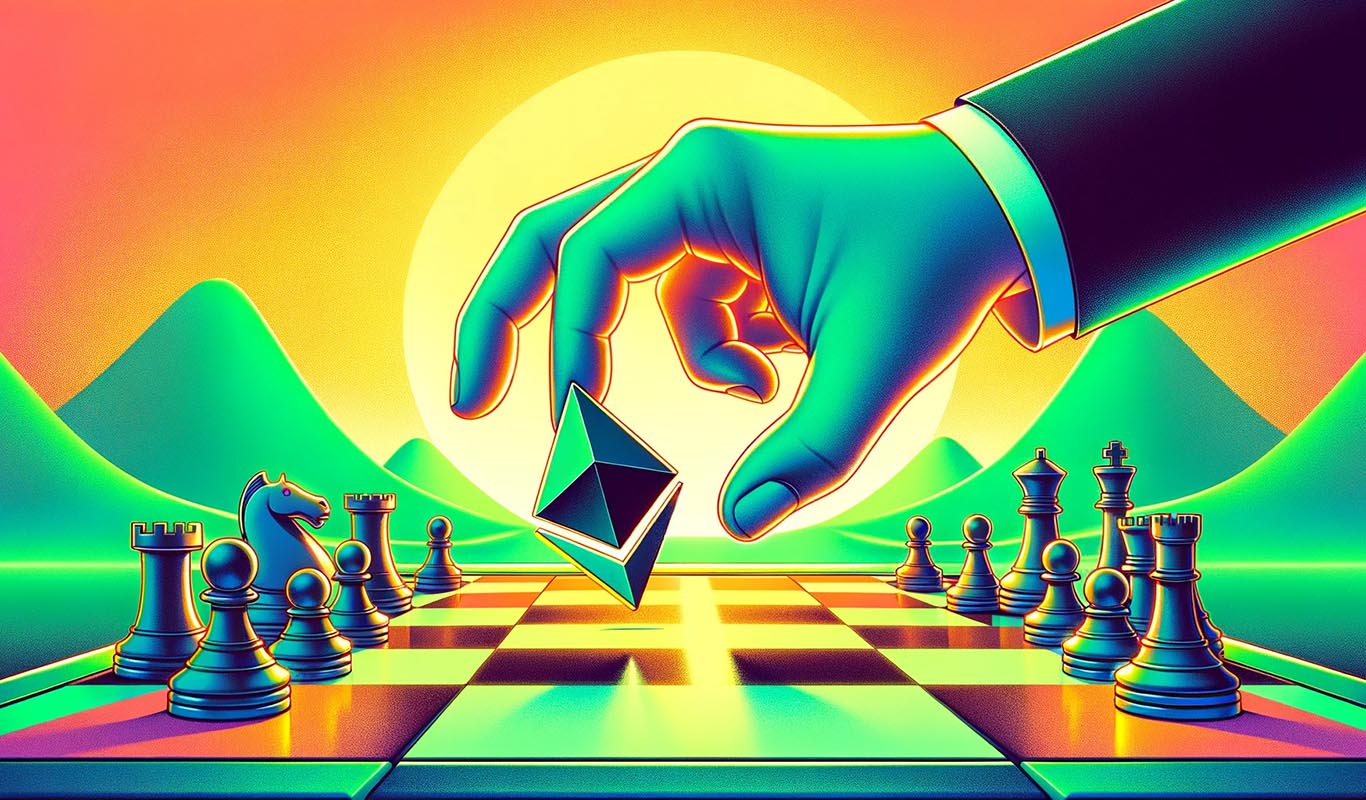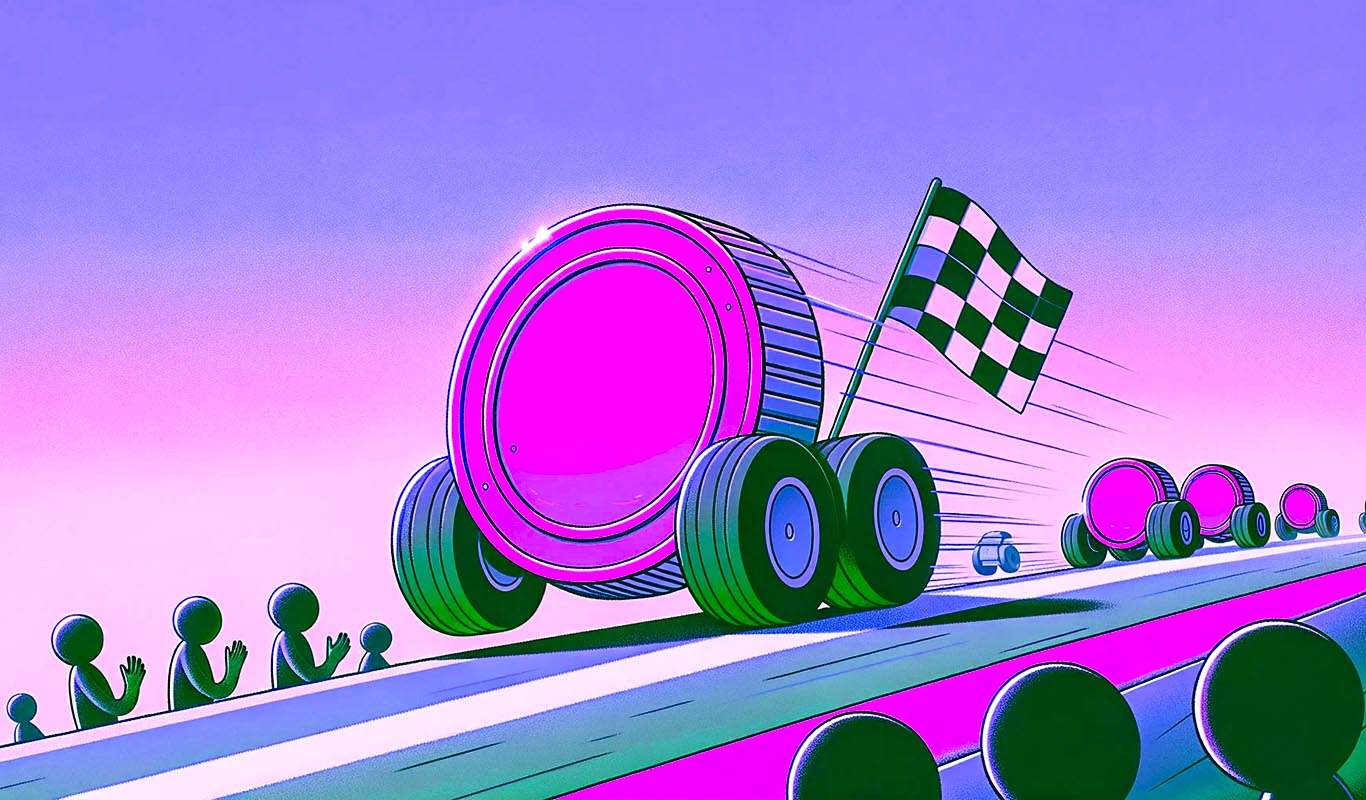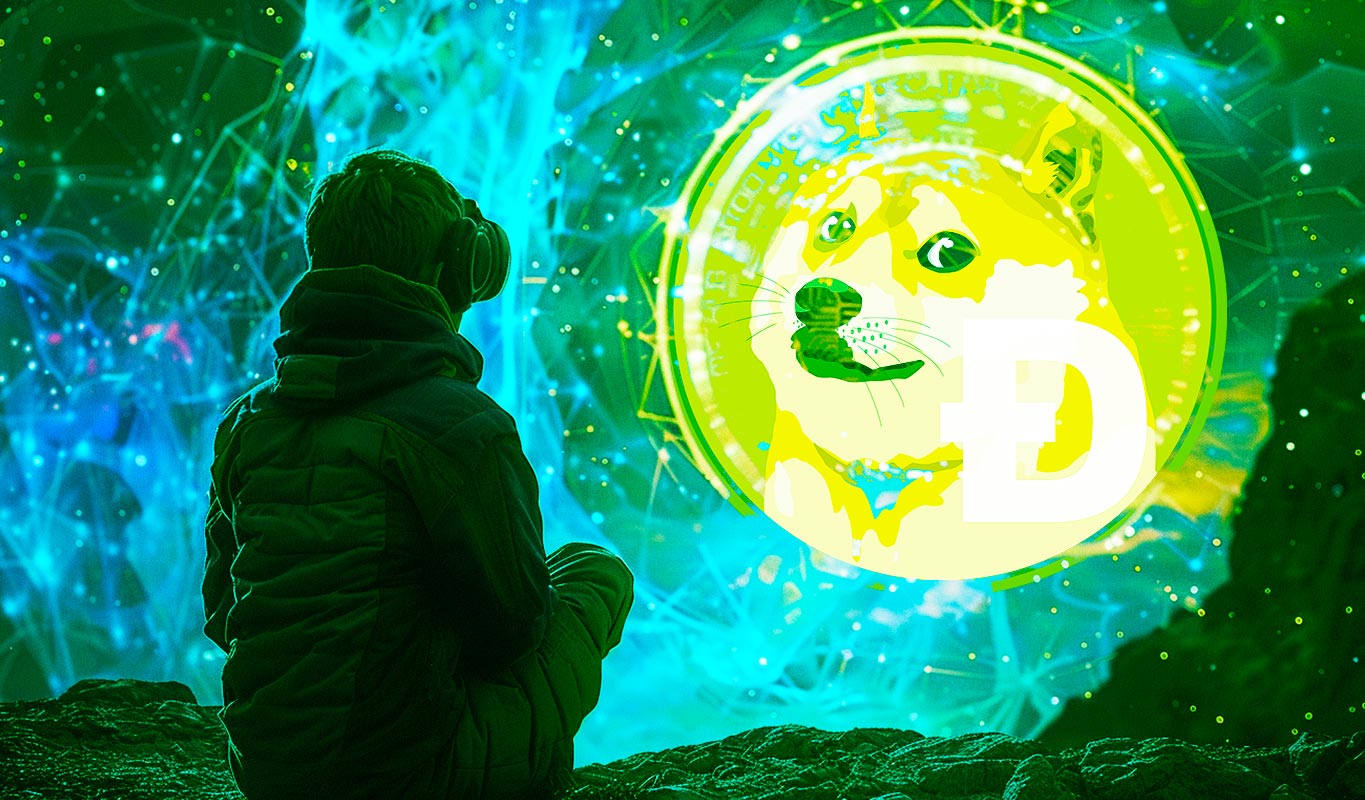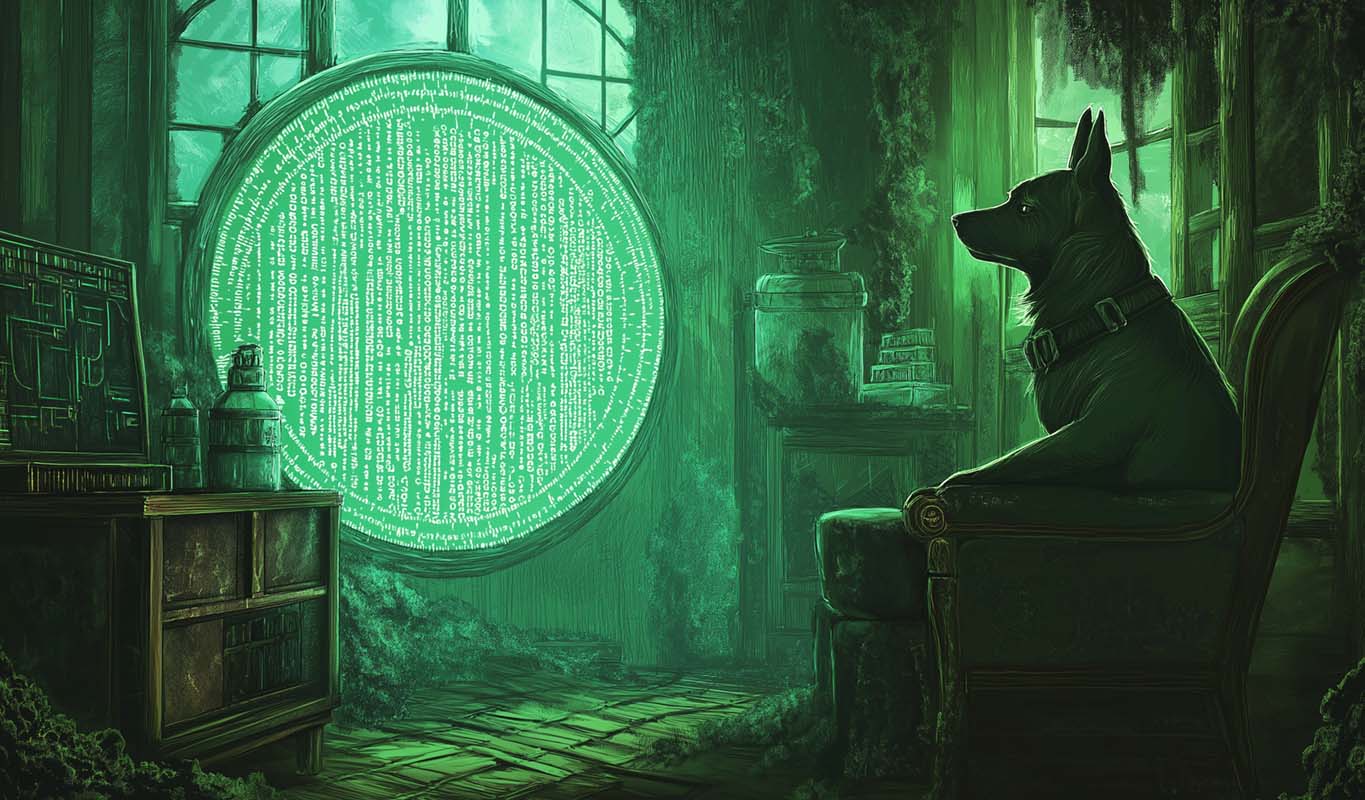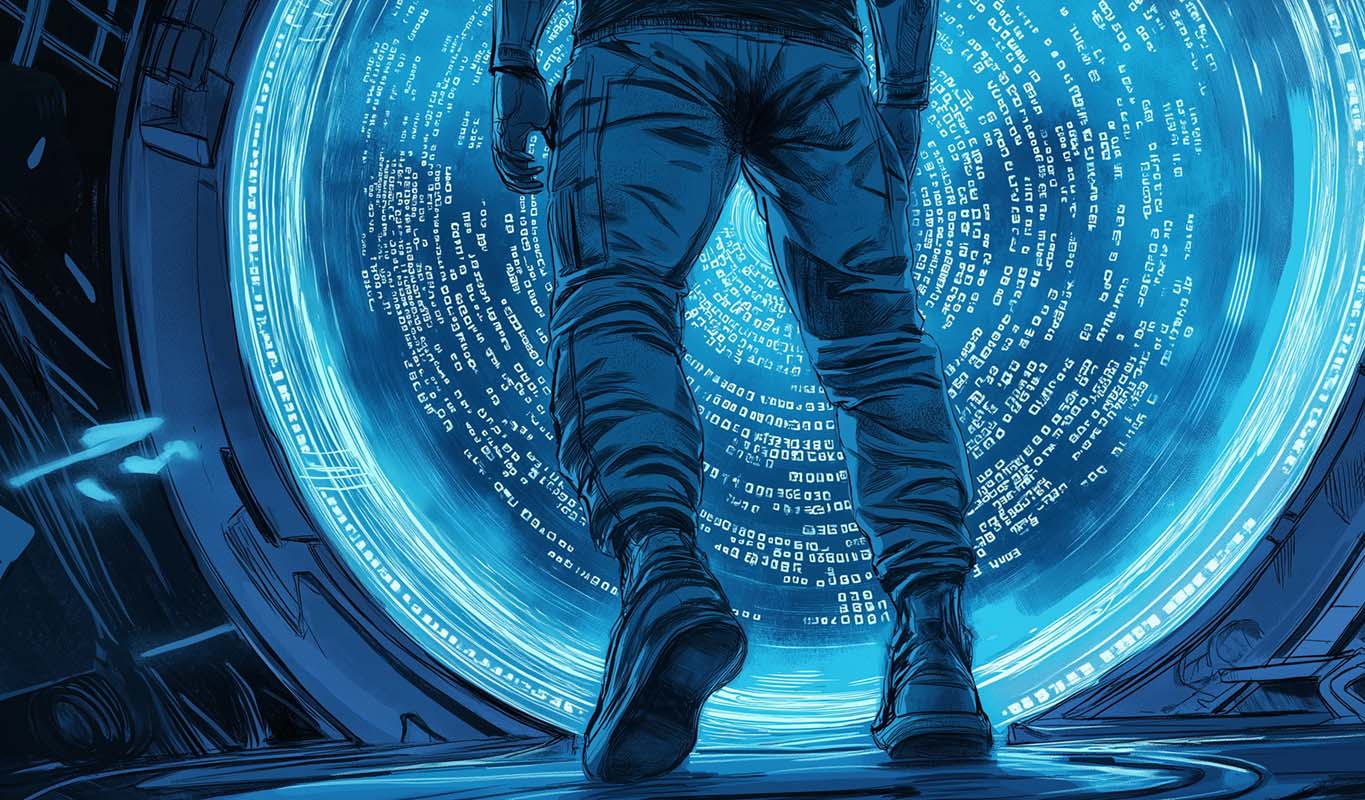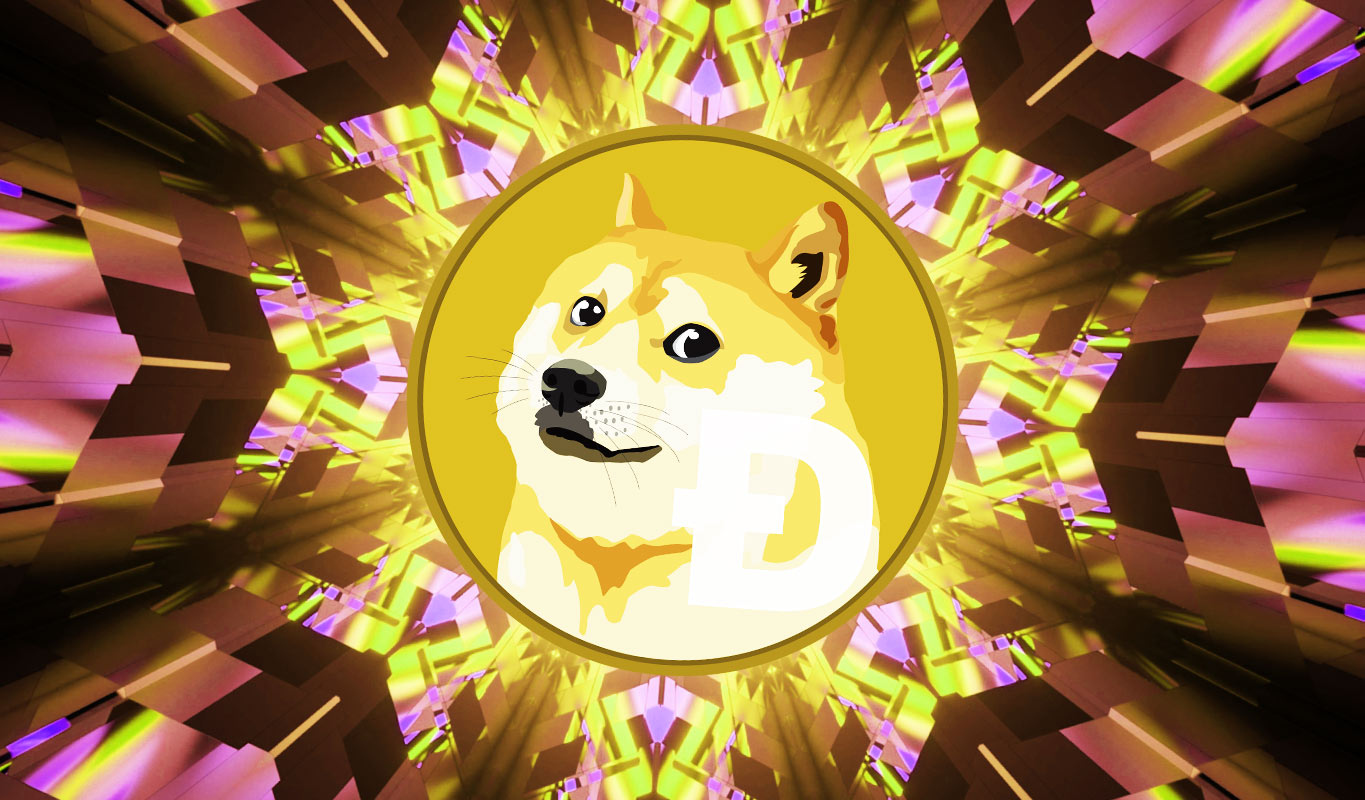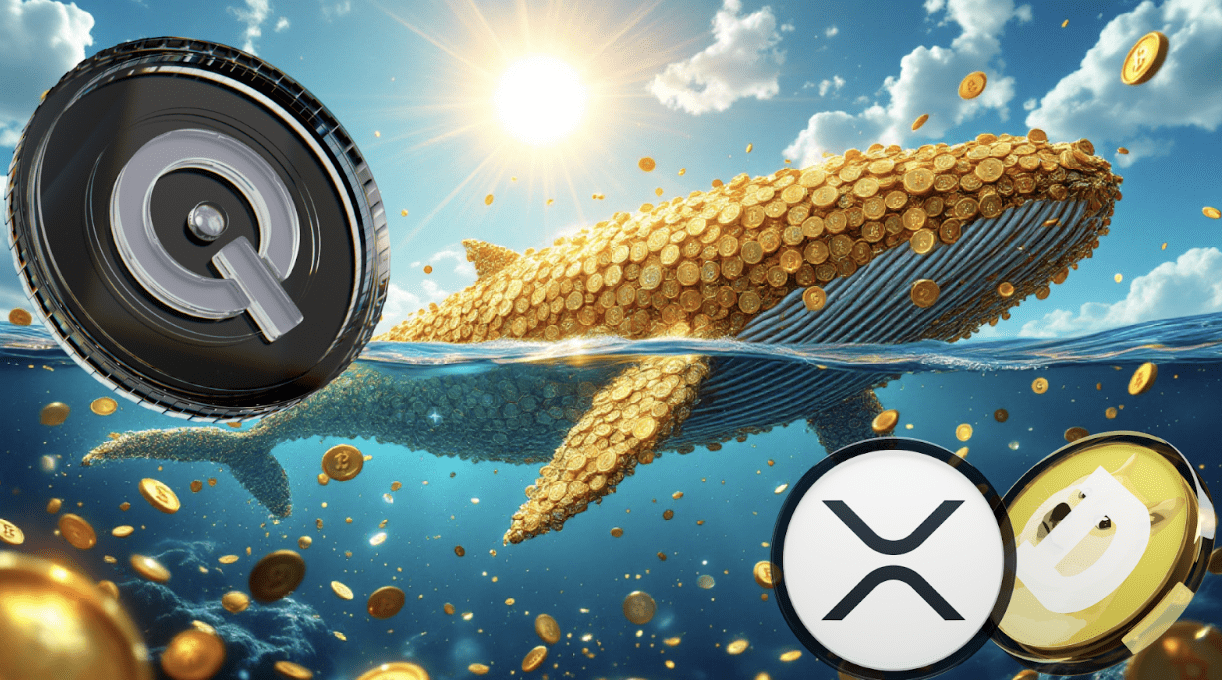Solana Labs CEO Anatoly Yakovenko is addressing some of the technical difficulties that Solana (SOL) experienced over the last year.
In a new interview with Real Vision’s Raoul Pal, Yakovenko says that Solana’s aim to process transactions at an ultra-high rate presented various challenges, especially once the Ethereum (ETH) rival began attracting waves of new users.
“This is our biggest challenge, which is maybe one that I like to have because all these challenges are coming because we have users. And the chain is, on a daily basis, when you look at normal transactions from applications from users – just from people using the network – when you look at those, there’s about 30 million transactions per day. Our peak day was 65 million. That’s more than all the other chains combined.
Binance Smartchain is one-tenth of that. I think Ethereum is one-thirtieth. And because of this load, we’ve seen things that we didn’t expect, and we were a bit short-sighted in the kinds of attacks people would throw at the network…
I think some people have seen 10 million packets per second being submitted to a validator. And if there’s a bug in any one of those validators where memory grows really, really quickly or something we didn’t do well for that load, that validator could shut down, it could break, it could run out of memory, for whatever reason. If a third of them do that, then the network is basically stalled until some manual intervention brings it back up. That has happened a couple of times.”
The crypto entrepreneur says that different blockchains with different technical architectures and use cases will fail in different ways. While Bitcoin (BTC) can handle delays in block time, Yakovenko says Solana’s fast blocks won’t allow for much wiggle room.
“[Bitcoin] is designed to be extremely resilient, and some things that are normal for Bitcoin, like when a bunch of Chinese hash power shut down, there were times where there are two hours between blocks in Bitcoin. And that’s totally fine. If there’s two hours between blocks in Solana, the network’s dead because it’s designed to make a block every 400 milliseconds…
Once you make a faster network, the failure case is different than one on something like Bitcoin or Ethereum.”
Don’t Miss a Beat – Subscribe to get crypto email alerts delivered directly to your inbox
Check Price Action
Follow us on Twitter, Facebook and Telegram
Surf The Daily Hodl Mix
 
Disclaimer: Opinions expressed at The Daily Hodl are not investment advice. Investors should do their due diligence before making any high-risk investments in Bitcoin, cryptocurrency or digital assets. Please be advised that your transfers and trades are at your own risk, and any loses you may incur are your responsibility. The Daily Hodl does not recommend the buying or selling of any cryptocurrencies or digital assets, nor is The Daily Hodl an investment advisor. Please note that The Daily Hodl participates in affiliate marketing.
Featured Image: Shutterstock/Sergey Nivens
Credit: Source link



